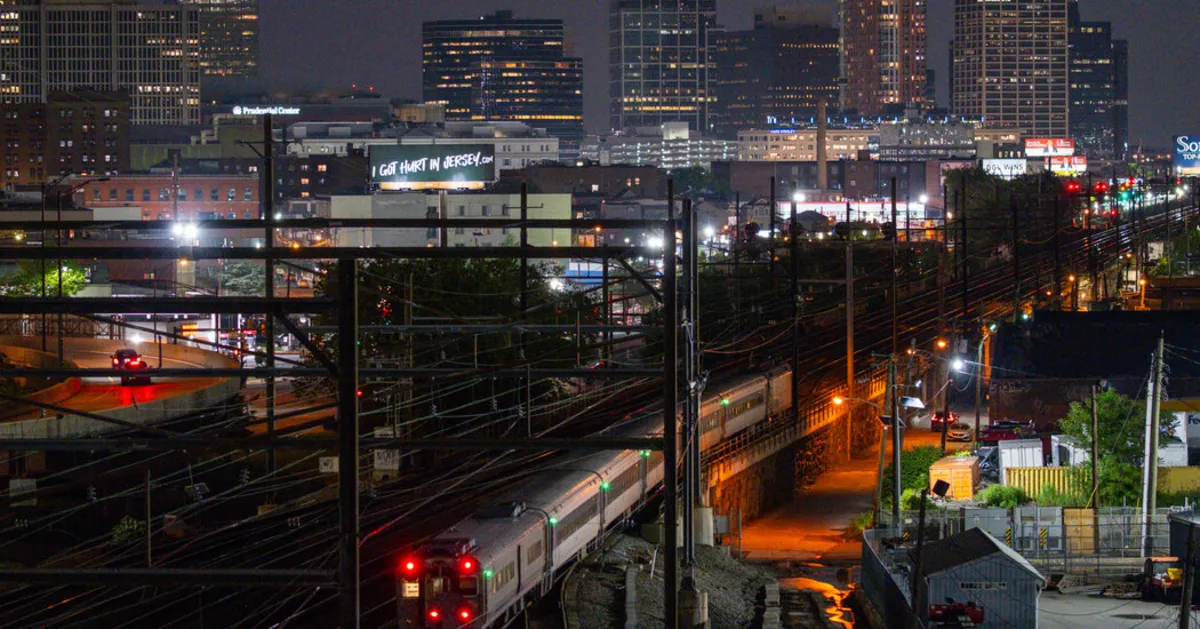
The first statewide transit strike in New Jersey in more than 40 years commenced just after midnight on Friday, marking a significant disruption in the state’s transportation system. Approximately 450 unionized locomotive engineers, represented by the Brotherhood of Locomotive Engineers and Trainmen, walked off their jobs due to a contentious dispute over pay.
This unexpected walkout has brought New Jersey Transit’s entire rail network to a standstill. The strike is anticipated to leave tens of thousands of commuters in a state of uncertainty, as they scramble to find alternative means to reach their jobs in the bustling New York City metropolitan area.
The union has announced that its members will begin picketing at 4 a.m. on Friday, escalating the visibility of their demands. Mark Wallace, the national president of the union, expressed the workers' frustration, stating, “They have money for penthouse views and pet projects, just not for their frontline workers. Enough is enough. We will stay out until our members receive the fair pay that they deserve.” This comment underscores the union's commitment to advocating for their members during this critical period.
In response to the strike, Kris Kolluri, the chief executive of NJ Transit, addressed the media during a news conference late Thursday. He emphasized his willingness to return to the bargaining table, stating, “This is not a lost cause. This is an eminently achievable deal.” His remarks suggest that there may still be hope for a resolution, but the ongoing strike could pose significant challenges for both the agency and the commuting public.
As the situation unfolds, the focus will be on finding common ground between NJ Transit and the union. With both sides expressing a desire to negotiate, the potential for a swift resolution remains. However, the impact of this historic transit strike will undoubtedly resonate throughout the state, affecting thousands of daily commuters.